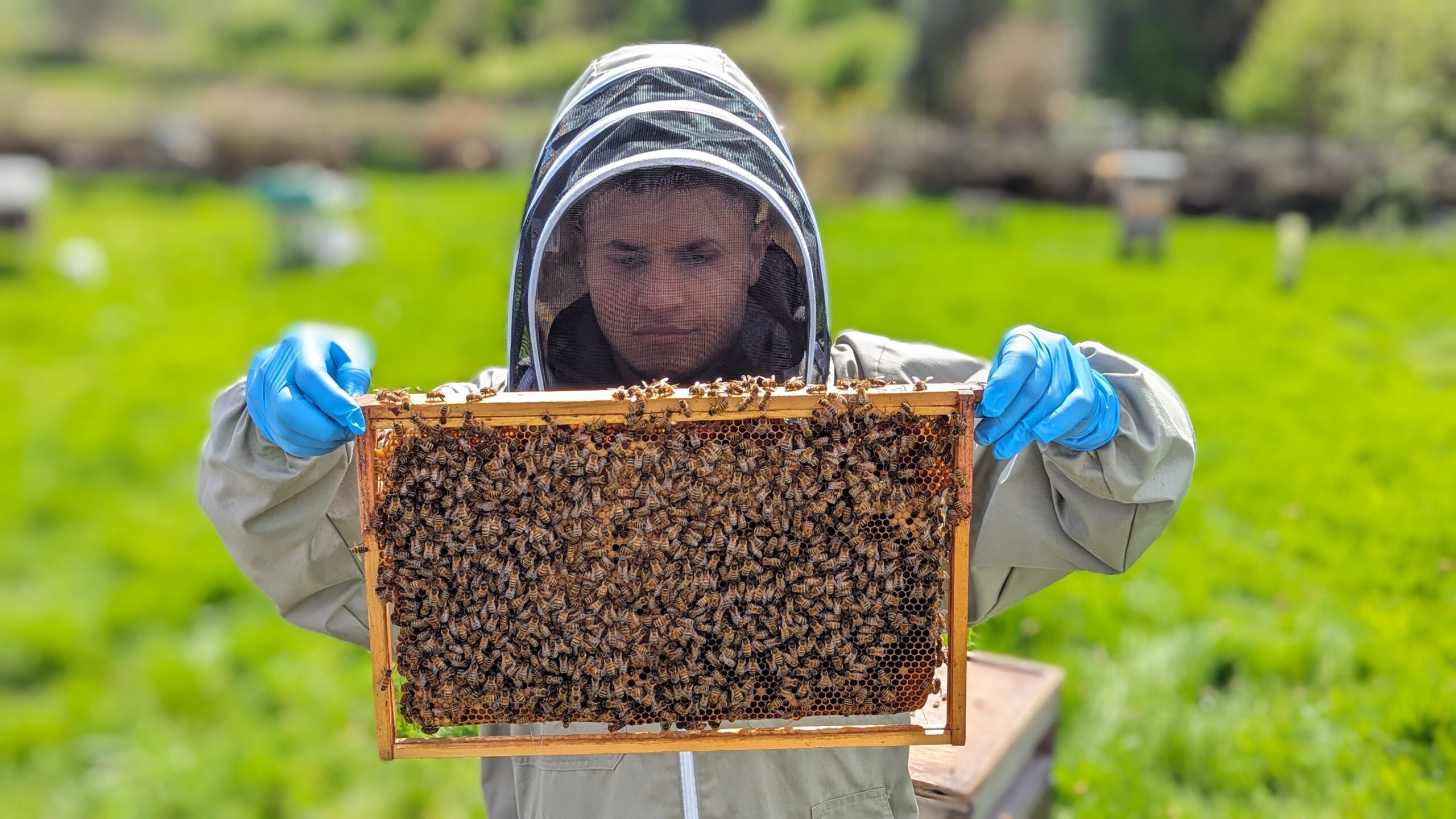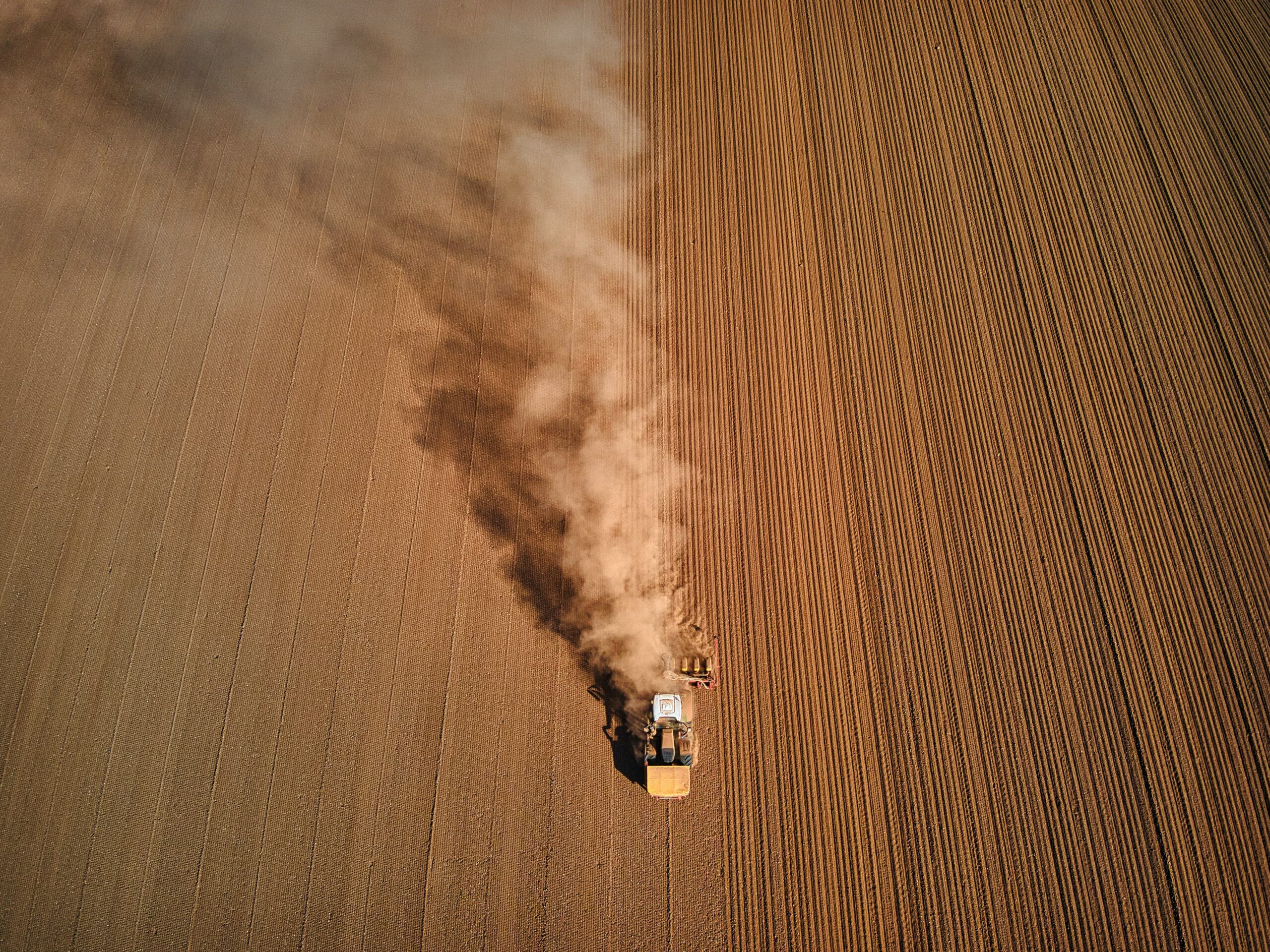bees
From bees to belonging: how purpose and community can heal young minds
How air pollution is making life tougher for bugs
Whether you love them or loathe them, we all depend on bugs. Insects help to pollinate three-quarters of the world’s crop varieties, making them a treasured resource. But we’re making the lives…Read More >
Why there are fewer insects on UK farms than there were a century ago – and how to restore them
Insect populations are declining worldwide at a rate of almost 1% per year. This decline is alarming. Insects play a crucial role in pollinating crops, controlling crop pests and maintaining soil…Read More >
Our most popular papers of 2019
Which Reading research publications got the most attention across the globe in 2019? We’ve scoured Altmetric data to bring you the top ten most talked about Reading-authored papers of the…Read More >
The Bees’ Needs: saving Britain’s pollinators
It’s Bees’ Needs week and once again London’s Carnaby Street has had a makeover to become ‘Carnabee Street’ until 15 July. Professor Simon Potts and the Reading Bee Team are…Read More >
A river runs through it
Last month, researchers from the Loddon Observatory – a unique research, teaching and innovation project based around a river basin – showcased their work to academics and colleagues. Sarah Harrop…Read More >
Protecting our natural resources is just as important as cutting plastic waste.
The government’s pledge to reduce plastic waste is a step in the right direction – but it’s equally vital to protect our natural resources such as bees, says Professor Simon…Read More >
Bees, climate and food: the Reading research listed among world’s elite
Ecology, climate and food science have helped to put the University of Reading in a group of the world’s elite research institutions in a new analysis of the most cited…Read More >
What have insects ever done for us?
Michael Garratt, from School of Agriculture, Policy and Development, tells us why we should care about insects as National Insect Week approaches. Since I picked up my first ladybird as…Read More >




